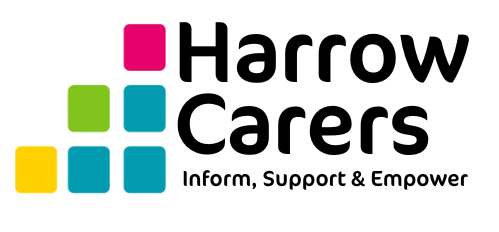Getting back into work often leads to starting a new routine which can be exciting yet overwhelming. Time management is important in these cases, both inside and outside of work to ensure we can perform at our best.
Maintaining a great work/life balance is important, meaning managing time outside of work is important too, to ensure you have time to do things that bring you peace, help you relax and that make you happy.
When starting a new role, be sure to check with your line manager or HR who the key contact is to speak to, should you come across any issues or need any support with either workload or personal issues. Have regular, perhaps, quarterly check ins with this key contact to discuss anything that might be on your mind, or simply have a coffee (it’s always refreshing catching up with others!).
Drive new initiatives. If there is a particular aspect of the role that is bringing you down, or you think can be improved, speak about it with others, welcome new perspectives and collaboratively discuss pain points that you can then find a solution for. To show further project management skills, it might be useful to set time aside every quarter to catch up on how initiatives you have kicked off are currently evolving, if they need amending, as well as discussing any further pain points may have arisen. Educating yourself and others around the importance of understanding mental health in the workplace will also help overcome common barriers and create more of an open working environment.
Being relatively new within a company might also add slight pressure in terms of working hours; making you feel like you should be working around the clock. It is important that you do not do this, and you set boundaries so your team and colleagues know your working style, whilst perhaps also realising they might even need to cut their own working hours! Work smart, meaning be productive. Don’t sit at your desk till 10pm just to prove to somebody that you’re online. It doesn’t mean you’re productive and can often have the opposite impact. Think about when you’re most productive at work, and work around that.
If you are working from home, it is very easy to slip into working earlier or later because we are already at the comfort of our own home, however it is even more important to think about logging on and off on time, to allow yourself to switch off from work properly. When working from home, it is easy to feel like all aspects of our life, from work, cooking, relaxing, kids.. whatever your life consists of, pretty much turns into one big blur. This can have a negative impact on us as individuals as it can feel like there is no escape. I would therefore encourage to set some time aside to find your happy; whether that be a long walk, listening to your favourite podcast or even just indulging in your favourite ice cream in front of the tv.
Mind have put together a great summary on how to maintain your mental wellbeing at work here.
By Priya Tank

Working for Carers is a London-wide project that supports unpaid carers, aged 25 or over, to move closer to employment. The project is led by Carers Trust and delivered by its network of partners across London. Working for Carers is funded by the European Social Fund and The National Lottery Community Fund.

